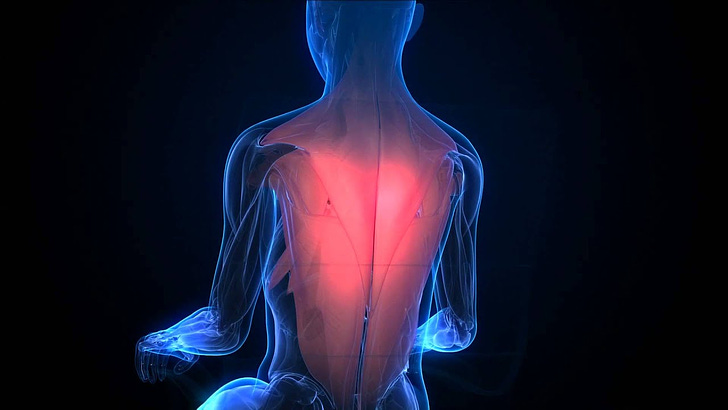4 Ways to Build Mental Toughness
4 Ways to build mental toughness (and how to apply it to hockey)
There is no argument that a good portion of sports is mental. As athletes progress throughout the various ranks of amateur, junior, collegiate, or professional sport, the difference between physical skill becomes rather minuscule.
Therefore, it is clear that the differences in performance are attributed to the mental aptitude of the competitor. A large portion is being resilient and mentally tough. Successful athletes have consistently demonstrated a higher level of mental toughness than their competitors.
We’re here to help. Here are four anxiety reduction techniques that will boost resilience and mental toughness.
Get Tense, Then Relax (Progressive Relaxation)
Anxiety reduction techniques focus on the body (somatic) and the mind (cognitive). In terms of somatic anxiety reduction techniques, there are 2 keys: progressive relaxation and breath control.
Progressive relaxation consists of tension-relaxation cycles. These cycles require fully tensing a muscle group for 15 seconds and then relaxing that same muscle group for 15 seconds.
Phase 1 of training should consist of progressive relaxation for 15 minutes twice a day.
As confidence increases, phase 2 should consist of 5 to 7 minutes of training.
The final phase should take roughly 2 minutes of training.
The goal of reducing the time frame of the training session ultimately serves to allow an athlete to confidently utilize this technique between shifts to reduce anxiety and mental tension.
Just Breath (Breathing control)
Breath control regulates an athlete’s breathing pattern by focusing on deep, controlled breathing.
To perform breath control effectively, it is critical to follow a 1:1 ratio of inhalation to exhalation. A good strategy is to do counts of 5 with a 3-second pause between inhaling and exhaling.
Breath control has been proven to relax muscles, eliminate distractions, and renew an athlete’s energy.
While these two practices will help to energize and stabilize your body, it may not be enough to re-charge your mind. Here are two anxiety reduction techniques for the mind:
Space Out (Relaxation Response)
Relaxation response, in simple terms, is meditation with a focus on a keyword like “calm” on every exhale to fully empty the mind.
For hockey, meditation relaxation response should be practiced for about 15 to 20 minutes to mimic the length of a period. Relaxation response has been proven to enhance concentration, promote relaxation, and reduce muscle tension.
The Recreation (Systemic Desensitization)
Systematic desensitization is the practice of recreating situations that cause anxiety. It was originally created to help veterans overcome their PTSD and is known to be one of the most efficient techniques in helping people overcome their anxiety.
In hockey, an athlete recreates situations within his or her mind that are known to cause levels of anxiety. The athlete should continue to recreate these situations within his or her mind until he or she no longer feels anxiety.
Relax, breath, space out, and recreate
It is critical to appreciate that training the mind is just as important as physical training. But remember, mental toughness is a process that takes work and time to master.
Further Reading - Benefits of adversity (and why golf balls have dimples)
Did You Enjoy This Newsletter?
Help us spread the ideas within and share it with the people you care about




